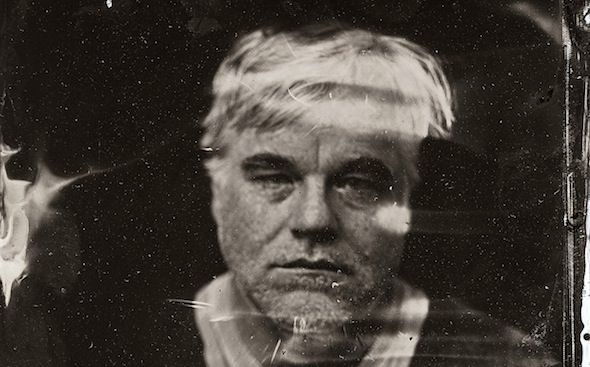Russell Brand: Philip Seymour Hoffman’s Death ‘Inevitable,’ Thanks to Our Drug Laws
"Addiction is a mental illness around which there is a great deal of confusion," writes the British comedian Russell Brand in an analysis of the drug-induced death of actor Philip Seymour Hoffman.
“Addiction is a mental illness around which there is a great deal of confusion,” writes British comedian Russell Brand in an analysis of the drug-induced death of actor Philip Seymour Hoffman.
Brand writes at The Guardian:
Philip Seymour Hoffman? A middle-aged man, a credible and decorated actor, the industrious and unglamorous artisan of Broadway and serious cinema? The disease of addiction recognises none of these distinctions. Whilst routinely described as tragic, Hoffman’s death is insufficiently sad to be left un-supplemented in the mandatory posthumous scramble for salacious garnish; we will now be subjected to mourn-ography posing as analysis. I can assure you that there is no as yet undiscovered riddle in his domestic life or sex life, the man was a drug addict and his death inevitable.
A troubling component of this sad loss is the complete absence of hedonism. Like a lot of drug addicts, probably most, who “go over”, Hoffman was alone when he died. This is an inescapably bleak circumstance. When we reflect on Bieber’s Louis Vuitton embossed, Lamborghini cortege it is easy to equate addiction with indulgence and immorality. The great actor dying alone denies us this required narrative prang.
The reason I am so non-judgmental of Hoffman or Bieber and so condemnatory of the pop cultural tinsel that adorns the reporting around them is that I am a drug addict in recovery, so like any drug addict I know exactly how Hoffman felt when he “went back out”. In spite of his life seeming superficially great, in spite of all the praise and accolades, in spite of all the loving friends and family, there is a predominant voice in the mind of an addict that supersedes all reason and that voice wants you dead. This voice is the unrelenting echo of an unfulfillable void.
Read more here.
— Posted by Alexander Reed Kelly.
Your support matters…Independent journalism is under threat and overshadowed by heavily funded mainstream media.
You can help level the playing field. Become a member.
Your tax-deductible contribution keeps us digging beneath the headlines to give you thought-provoking, investigative reporting and analysis that unearths what's really happening- without compromise.
Give today to support our courageous, independent journalists.






You need to be a supporter to comment.
There are currently no responses to this article.
Be the first to respond.